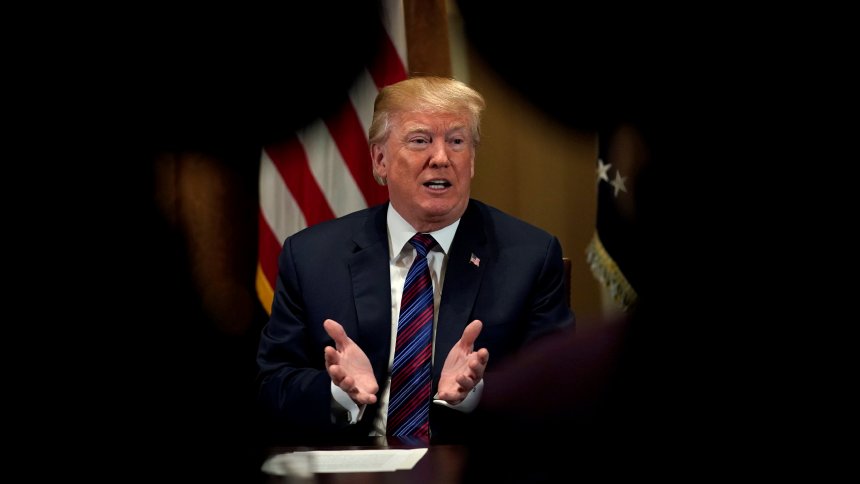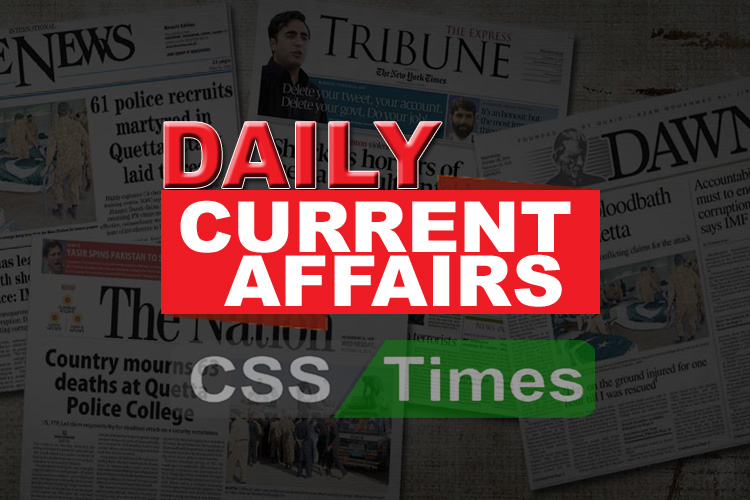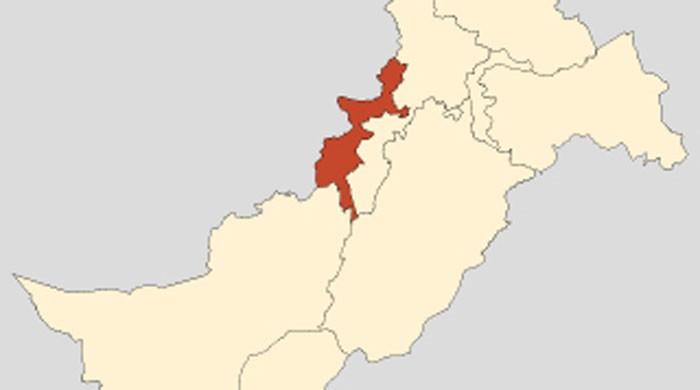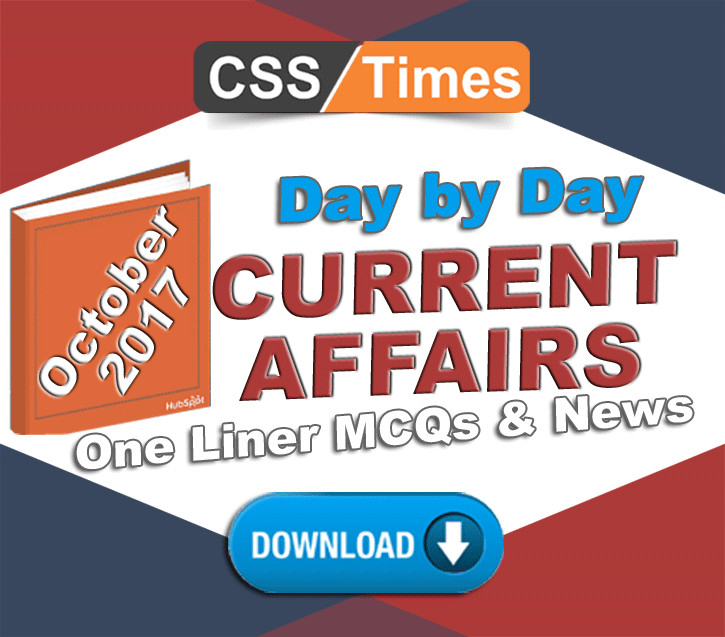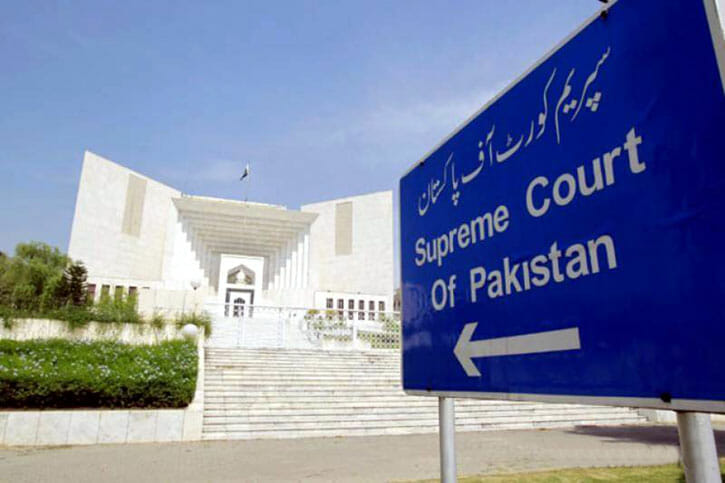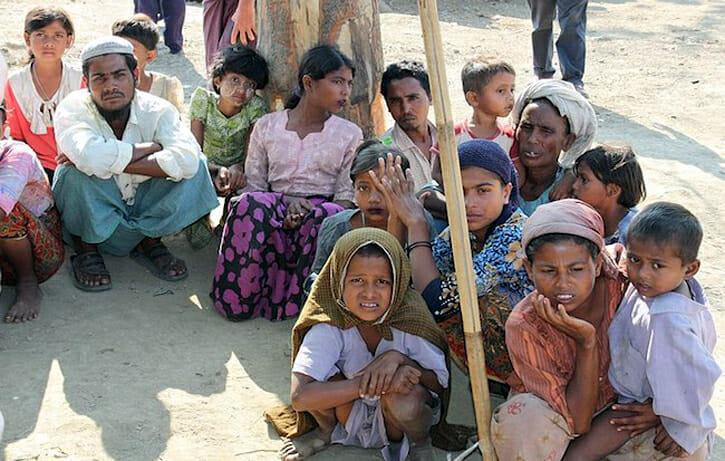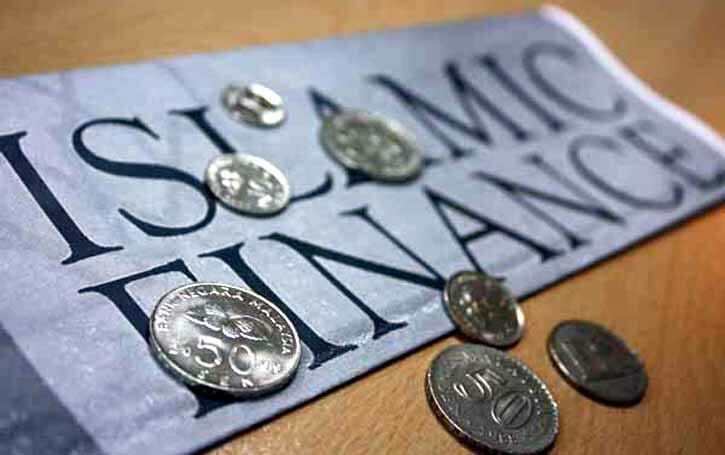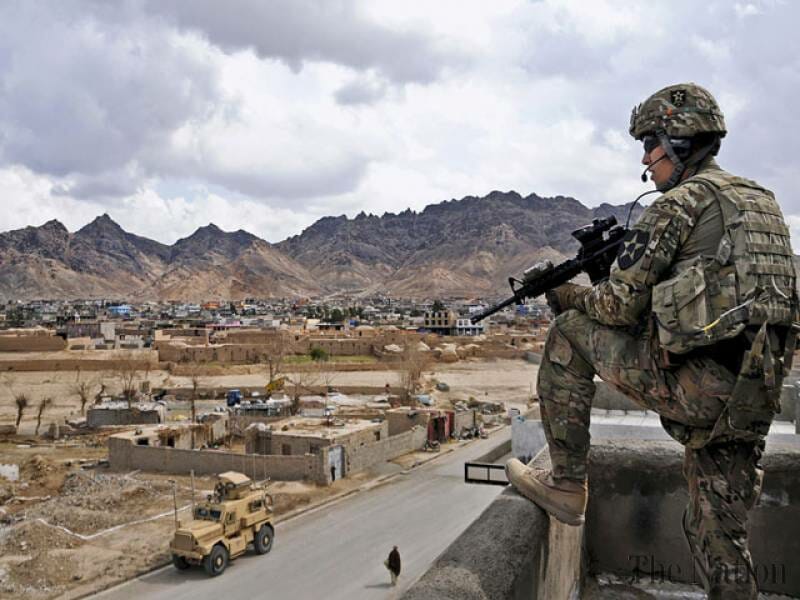Reforms for Peace
HISTORICALLY, Fata has always represented a smorgasbord of competing interests. Although an integral part of the federation by virtue of Article 1(C) of the Constitution, Fata’s administrative, legal and political dynamics are different in that it’s governed through the Frontier Crimes Regulation (FCR). Since 1976, 15 commissions and committees have been constituted to reform Fata, but the recommendations were largely shelved. However, the 2016 report of the committee on Fata reforms has revitalised hopes. Point 8 of the Charter of Democracy and point 12 of the National Action Plan also expressed resolve to reform and merge Fata and KP.
Reforming Fata is a task requiring constitutional, legal, administrative, procedural and capacity building interventions backed by political manifestation. Fata is divided into seven agencies and six Frontier Regions (Bannu, D.I. Khan, Kohat, Lakki Marwat, Tank and Peshawar), surrounded by 10 districts of KP and Balochistan’s Sherani district. Six agencies share a border with Afghanistan. Administratively, Fata is further divided into protective areas overseen by political agents (PAs), and non-protective areas indirectly administered by local tribes. Although predominantly inhabited by Pakhtuns, tribal rivalries and sectarianism exist.
To further imperialistic designs, a strategic buffer was created — Fata’s administrative design neither considered service delivery nor rule of law. Remote-controlled administrative apparatus remained dependent upon intermediaries (maliks); as buying loyalty became a norm, public interest was the ultimate casualty. Fata is controlled by a long bureaucratic chain that hampers public facilitation.
Fata must be brought into the fold.
The FCR, promulgated in 1901, prescribes not only punishments for offences but also a system of governance; it is simultaneously a procedural and punitive framework. But Fata’s criminal justice system negates the principle of separation of judiciary from the executive, and functions without components like police, courts, prosecution and prison. The accused are deprived of fundamental rights and denied the opportunity to defend themselves in a court of law.
The cruel concept of ‘collective responsibility’ in the FCR was instituted to punish a whole tribe for the crime of one individual. Although the Constitution’s Article 10(A) provides entitlement to fair trial and due process and Article 25 guarantees equality of citizens, in practice the FCR negates such protection. Amendments to it have reduced the severity of collective responsibility, and barred detention of women and persons below 16 or above 65 years. Now, a detained person is to be produced before the assistant political agent and is entitled to bail and the right to appeal before a tribunal consisting of a chairman and two members; it functions on bureaucratic procedures and overlooks judicial norms.
By incorporating the jirga as an institution, the British imperialists made diplomatic moves but the real power remained with political authorities. Jirga recommendations are not binding upon the PA, who may refer the case to the second council. To resolve collective tribal issues, the concept of ‘qaumi jirga’ was legalised. To reduce tensions, the elders broker a teega (truce) between contending parties.
In case of merger, apart from integration of different law-enforcement forces into the KP police, introduction of other components like courts, prosecution, prison and anti-corruption must be introduced.
An estimate shows Fata costs the exchequer Rs21 billion in damages annually. Absence of real-time statistics compels planners to rely on hypothetical allocations. Fata is not included in the resource-sharing formula of the federation, and many are for including it in the next NFC Award.
Merging Fata with KP may fulfil a long-awaited demand, but may also intensify the demand for creating a Hazara province. Before merger, financial affordability needs to be thoroughly worked out. Take Malakand, where the non-extension of fiscal laws seriously compromised revenue collection. Presently in KP, six out of seven divisions pay taxes while its development portfolio is equally shared with non-revenue generating Malakand. If Fata is similarly merged, KP would not be able to sustain the added financial burden and this could lead to much inner wrangling. Since quality of public service delivery like law enforcement, social development, etc is primarily dependent on revenue collection, declaring Fata a non-revenue generating area may complicate matters.
Fata reforms should neither be narrowly interpreted nor be merely security-centric. After successful military operations that have significantly curtailed the use of Fata as a launching pad for militancy, it’s now time for the civil administration to implement a practical transition plan with the sole objective of ensuring that military gains now lead to long-term civil peace.
The writer is the author of Pakistan: In Between Extremism and Peace.
Published in Dawn, December 20th, 2017
